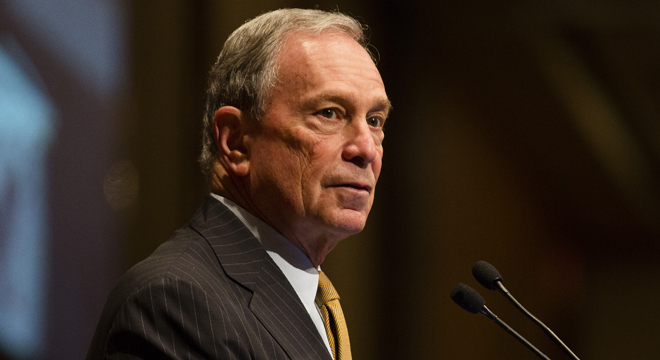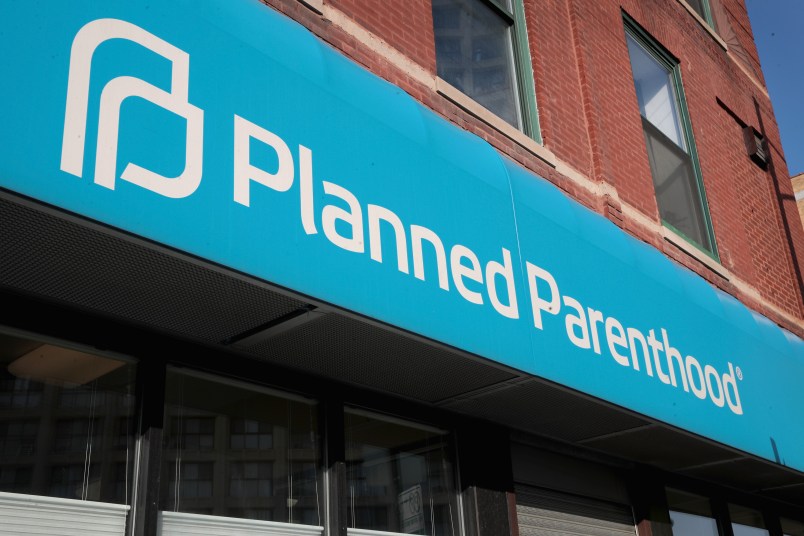New York City Mayor Michael Bloomberg wrote a tough op-ed in Friday’s New York Times that called out President Barack Obama for capitulating “to pressure from the tobacco industry.”
Bloomberg, who endorsed Obama in last year’s election, expressed disappointment in the White House administration for dropping the “safe harbor” provision from the Trans-Pacific Partnership, a multinational trade agreement that will be negotiated among the United States and 11 other countries beginning Friday in Bandar Seri Begawan, Brunei.
The provision, as Bloomberg wrote, protects “nations that have adopted regulations on tobacco — like package warnings and advertising and marketing restrictions — because of ‘the unique status of tobacco products from a health and regulatory perspective.'”
So instead of the safe harbor, the Obama administration is now calling for a clause requiring that before a government can challenge another’s tobacco regulation under the treaty, their health authorities must “discuss the measure.” The administration will also try to ensure that a general exception for matters to protect human life or health (typical in trade agreements) applies specifically to tobacco regulation.
But these are weak half-measures at best that will not protect American law — and the laws of other countries — from being usurped by the tobacco industry, which is increasingly using trade and investment agreements to challenge domestic tobacco control measures.







